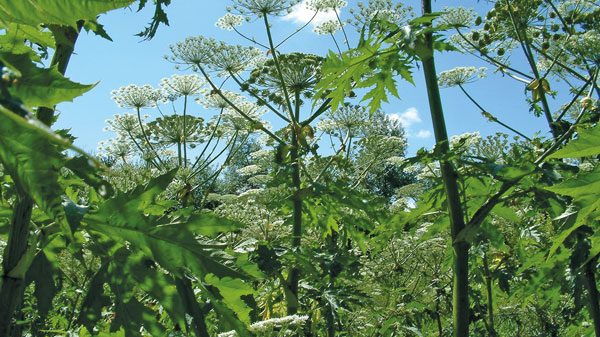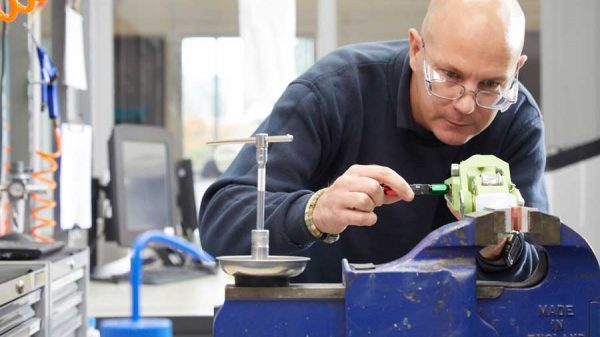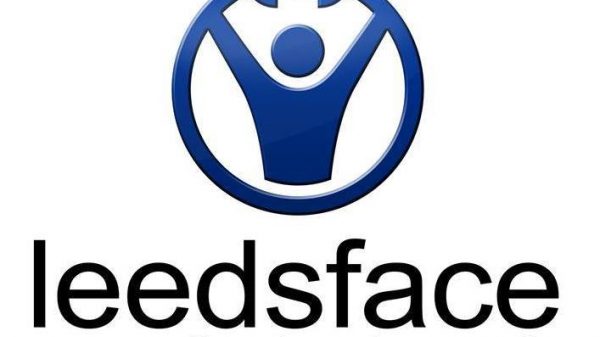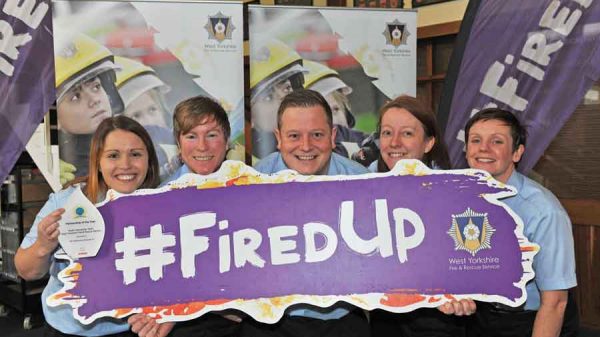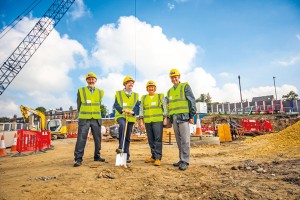From attracting jobs to reducing health inequalities, cutting carbon to bringing world-class events to the city, Leeds City Council has outlined its ambitions to help the city succeed and for its people to share that success.
Senior councillors have agreed to re-confirm the council’s aspiration to be the best city in the UK, along with a firm commitment to ensure that inequalities are tackled and opportunities created for people living in Leeds.
Also approved was an approach to achieve that, aimed at making people in Leeds feel safe and be safe, enjoy happy, healthy lives while living with dignity and independence for as long as possible.
They should also be able to do well at all levels of learning and have necessary life skills, along with being able to earn enough to support themselves and their families. They should live in decent, affordable homes, able to move around a well-planned city easily and enjoy greater access to green spaces, leisure and the arts.
Councillor Judith Blake, Leader of Leeds City Council, said:
“Leeds is a great, resilient city with fantastic people. It has a strong economy that continues to grow, despite our having to weather some very big challenges- particularly financially- in recent years. However, we are acutely aware that not everyone here has been able to share in that success.
“This is why we are focusing everything we do as a council on addressing those imbalances while continuing to work on attracting jobs, investment and world-class events to our incredible city. We are determined that Leeds will be the best place it can be: a compassionate city with a strong economy.”
One of the ways in which this is being tackled is through a number of special “breakthrough projects”, covering the following themes: cutting carbon and improving air quality; tackling domestic violence and abuse; hosting world-class events and having a vibrant city centre for all; housing growth and high standards across all sectors; more jobs, better jobs; making Leeds the best place to grow old in; early intervention and reducing health inequalities; strong communities benefitting from a strong city.
The projects are revised regularly for effectiveness. They are led by executive board members and bring in cross-departmental council staff to work with private and third sector partners to maximise their impact in different areas.
The meeting of the executive board reviewed progress of the projects, as it also heard about the challenges faced since the best city ambitions were first set out in the Vision for Leeds 2011-30 strategy.
On the strong economy front, it was revealed that work-based employment has now recovered to pre-recession levels. More than 2,000 homes were completed in 2014/15 and thousands more are under construction or in the pipeline. The unforgettable Grand Départ of the Tour de France boosted the local economy by £17m and big developments like Victoria Gate, the South Bank and Flood Alleviation schemes are progressing well.
This is balanced on the compassionate city front in a number of ways, with infant mortality rates at an all-time low and the numbers of looked-after children continuing to safely reduce. Progress has been made to support older people in their own homes for longer and more than 14,000 local residents have been helped with skills training.
However, councillors also heard about a range of inequalities and challenges, such as the fact that 20% of the Leeds population live in deprived areas and that affordable, good quality housing is in short supply. Health inequalities are impacting the most vulnerable, while putting increased demand on public services. And demographic change through an ageing population, increased birth rate and transient communities are all adding to the pressure.
Further big budget challenges are also anticipated for the coming year and officers will work in the coming months on aligning budget plans to the strong economy and compassionate city plans and report back to the executive board in February 2016.

